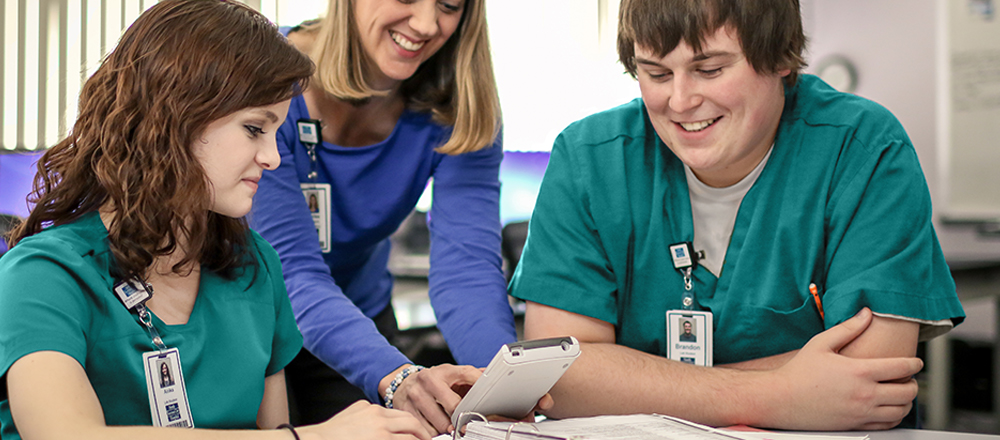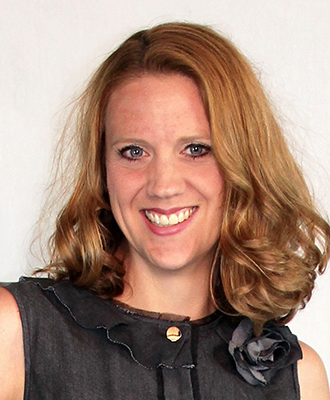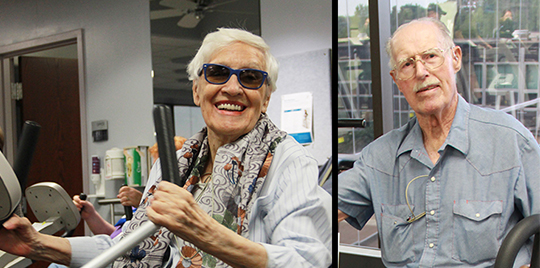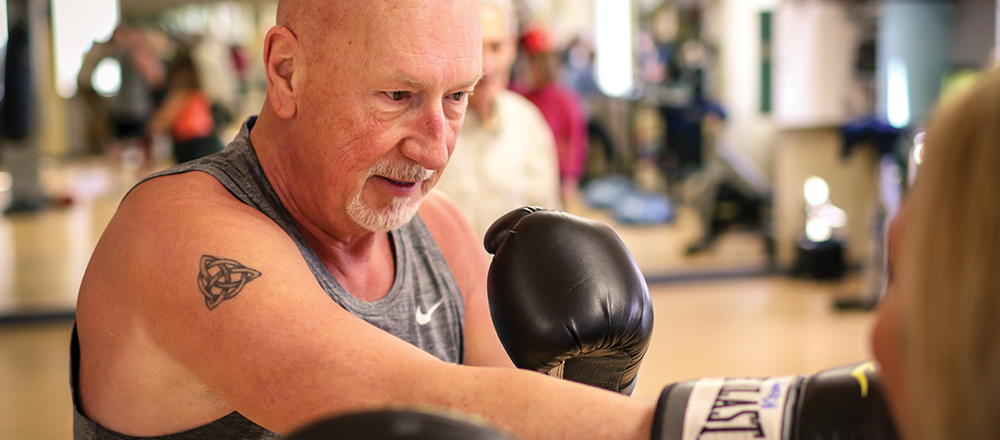How to Become a Medical Laboratory Scientist
April 21, 2021By: Marisa James
Categories: High Tech, In the Community

The field of medicine is full of unique career opportunities, one of which is medical laboratory science. Medical laboratory scientists conduct tests on patient blood, various body fluids, cells and tissues to help detect, diagnose and treat diseases.
If you’re interested in a career in this area, consider applying for North Kansas City Hospital’s School of Medical Laboratory Science. We started the school more than 50 years ago. Today, we offer a 47-week clinical program that prepares you for an exciting and challenging career in any laboratory environment.
Medical Laboratory Science Careers
Employment opportunities are excellent in the medical laboratory science field, and demand is high. In the past five years, 97% of our students seeking employment were hired before graduation. In fact, we hire many of our own students to work during the year and after graduation.
Our laboratory professionals take care of nearly every patient who visits the hospital, providing physicians and other caregivers with the vital information they need to treat patients safely and effectively. They have a positive impact on our patients’ health.
But medical laboratory science career opportunities go beyond the hospital setting. Doctors’ offices, outpatient clinics, non-traditional lab settings, specialized laboratories such as the Midwest Transplant Network, or healthcare-focused organizations such as Cerner all need qualified lab professionals.
About NKCH’s MLS Program
Our MLS program is a perfect blend of hands-on training and classroom teaching. We introduce you to the instrumentation, manual methods, testing techniques and clinical procedures we use in our on-site lab. You’ll spend most of your time in the lab, learning alongside certified medical laboratory scientists and rotating through multiple laboratory departments, including:
- Chemistry
- Hematology
- Immunohematology (or blood banking)
- Microbiology
- Urinalysis
In the classroom, you’ll study the pathophysiology of diseases related to the laboratory testing performed during your clinical rotations. Our small class sizes mean you’ll get personalized instruction.
“The NKCH Laboratory has a very welcoming atmosphere,” said Alaina Hetzler, a current student. “I have all the resources I need, and the program and faculty have exceeded my expectations.” After completing our MLS Program in a few weeks, Alaina will graduate with a Bachelor of Science degree in Medical Laboratory Science from the University of Missouri-Kansas City.
MLS Program Requirements
The NKCH MLS program offers two routes toward a degree. If you already have a bachelor’s degree, you can apply for the MLS program once you have completed the required coursework. The other option is to do what Alaina chose to do at UMKC. By completing the NKCH MLS program, she fulfills the requirement for her bachelor’s degree in Medical Laboratory Science through an affiliation agreement with UMKC. The NKCH MLS Program is affiliated with 12 other local colleges and universities.
In 2021, the MLS School will graduate its 300th student. “I am proud to be an educator of the MLS School at NKCH,” said certified Medical Laboratory Scientist Janice Artinger, MT(ASCP)SH. Janice serves as the program’s education liaison, working both in the laboratory and the classroom. “We are committed to carrying on the tradition of providing outstanding laboratory education to our students. Our graduates are commonly regarded as the best in Kansas City.”
Explore More
Find more program information, including course prerequisites, and college and university affiliates.



